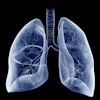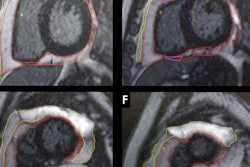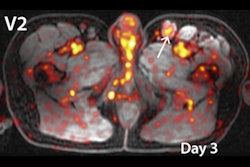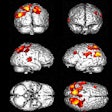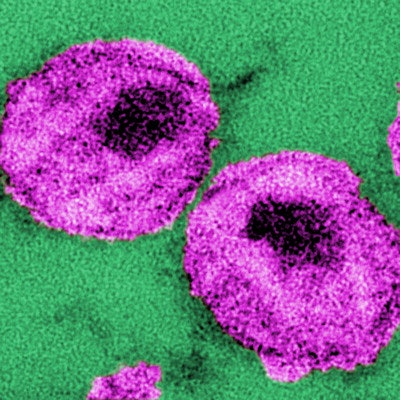
HIV may affect the heart not only via the development of coronary artery disease (CAD) but also by a "direct hit to the heart muscle," a team of U.K. researchers has found. The results were published September 13 in JAMA.
Common understanding of how HIV injures the heart has been based on research originating from areas of the world where the disease is not endemic (i.e., North America and Europe) and assumes that HIV mainly damages the heart through CAD. But this understanding needs to be revisited, according to study corresponding author Dr. Anoop Shah of the London School of Hygiene and Tropical Medicine.
"[Our study] raises the possibility that the current paradigm -- that the HIV pathogen mainly affects the heart via coronary artery disease -- may not be true," Shah told AuntMinnie.com. "There remains a significant dearth of evidence on how HIV affects the heart and the arteries, from endemic regions where the population demographic and cardiovascular risk profiles are very different."
In 2020, 36 million adults were infected with HIV, and 75% of these were living in sub-Saharan Africa, the researchers noted. Antiretroviral therapy has made HIV infection a chronic rather than terminal condition, but although AIDS-related deaths have decreased, deaths from cardiovascular disease in people with HIV have gone up.
"Cardiovascular morbidity and mortality is a growing and significant clinical burden, especially in the increasingly aging HIV population," Shah said. "However, it remains unclear how the HIV pathogen affects the circulatory system and most of the work is done on populations that are not representative of the global HIV population. [Our study was an attempt to] really get a handle on all the research that has been done looking at cardiovascular pathology in HIV."
Advanced imaging can help illuminate the mechanisms of cardiovascular disease through characterizing myocardial tissue, assessing the heart's anatomy, and evaluating the presence of myocardial or vascular inflammation, the team explained. To this end, lead author Dr. Jonathan Hudson of King's College London conducted a literature review that included 45 imaging studies in 5,218 people living with HIV and 2,414 people without it.
Of these studies, 16 evaluated coronary CT angiography (CCTA), 16 evaluated cardiac MRI, 10 evaluated vascular PET, and three evaluated both CCTA and vascular PET exams. Primary outcomes were CCTA-defined moderate to severe (≥ 50%) coronary stenosis; cardiac MRI-identified myocardial fibrosis revealed by late gadolinium enhancement; and PET-defined vascular and myocardial target to background ratio.
The studies showed that on imaging, people with HIV had higher prevalence of moderate to severe coronary disease and myocardial fibrosis compared to those without HIV.
| Prevalence of heart conditions in people with and without HIV across imaging modalities | ||
| Heart condition | People without HIV | People with HIV |
| Moderate to severe coronary disease | 0% to 27% | 0% to 52% |
| Myocardial fibrosis | 0% to 68% | 5% to 84% |
What these results suggest is that research is needed regarding HIV and heart damage that takes into account the global reach of the disease and keeps in mind that factors influencing the manner in which people are infected with HIV differ depending on geography, Shah said. (For example, people with HIV in North America and Europe may have poorer cardiovascular health and thus higher vulnerability to cardiovascular disease than their African counterparts.)
"This work raises the possibility that while [conditions such as] atherosclerosis may remain a significant issue in people with HIV, its role may be overstated," he said. "As such, clinical practice to treat atherosclerosis and vascular risk factors aggressively -- especially in regions of high endemicity [such as sub-Saharan Africa] -- may have lesser impact than initially thought. This now needs to be urgently investigated with carefully designed studies in the right population."



